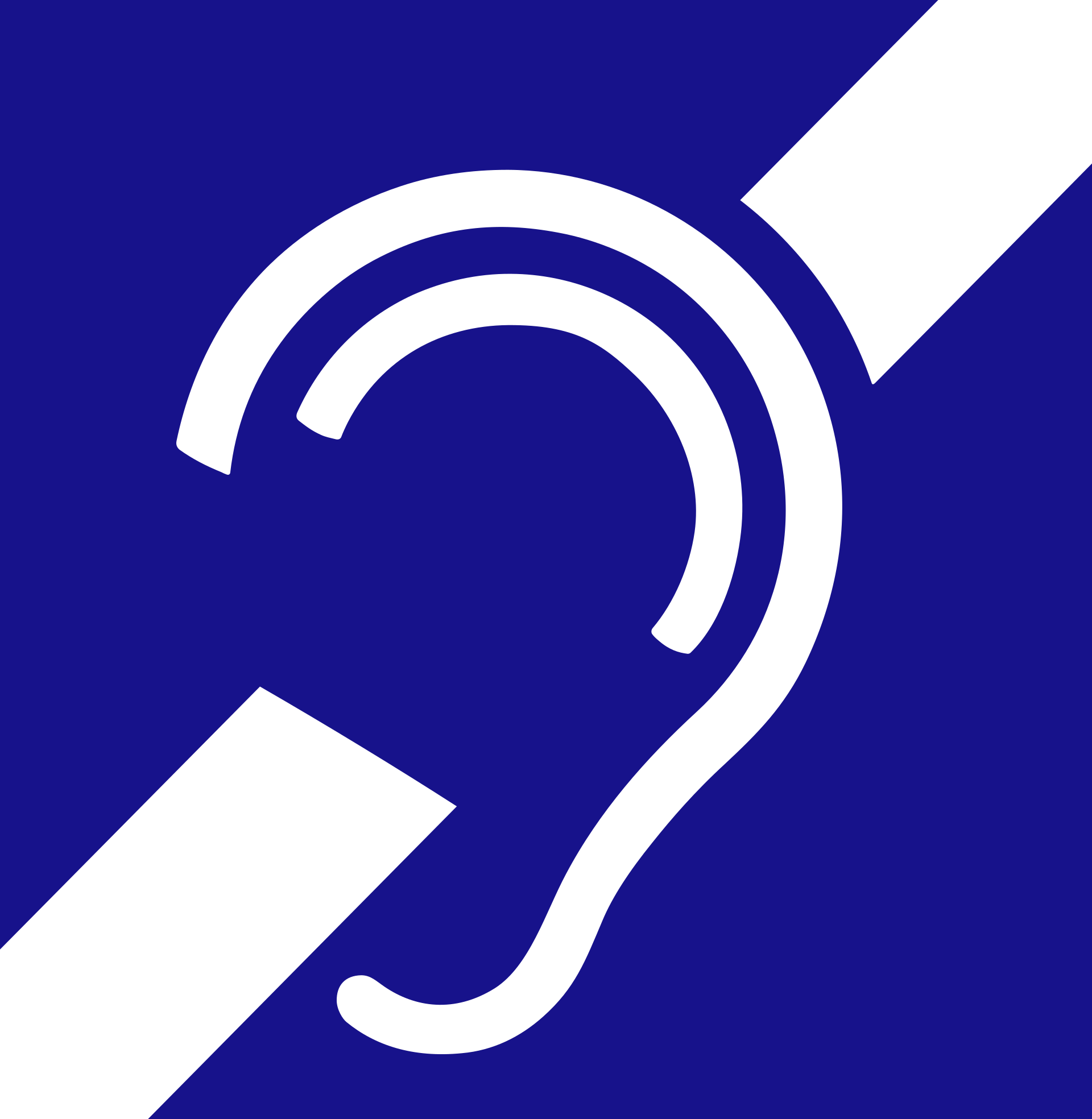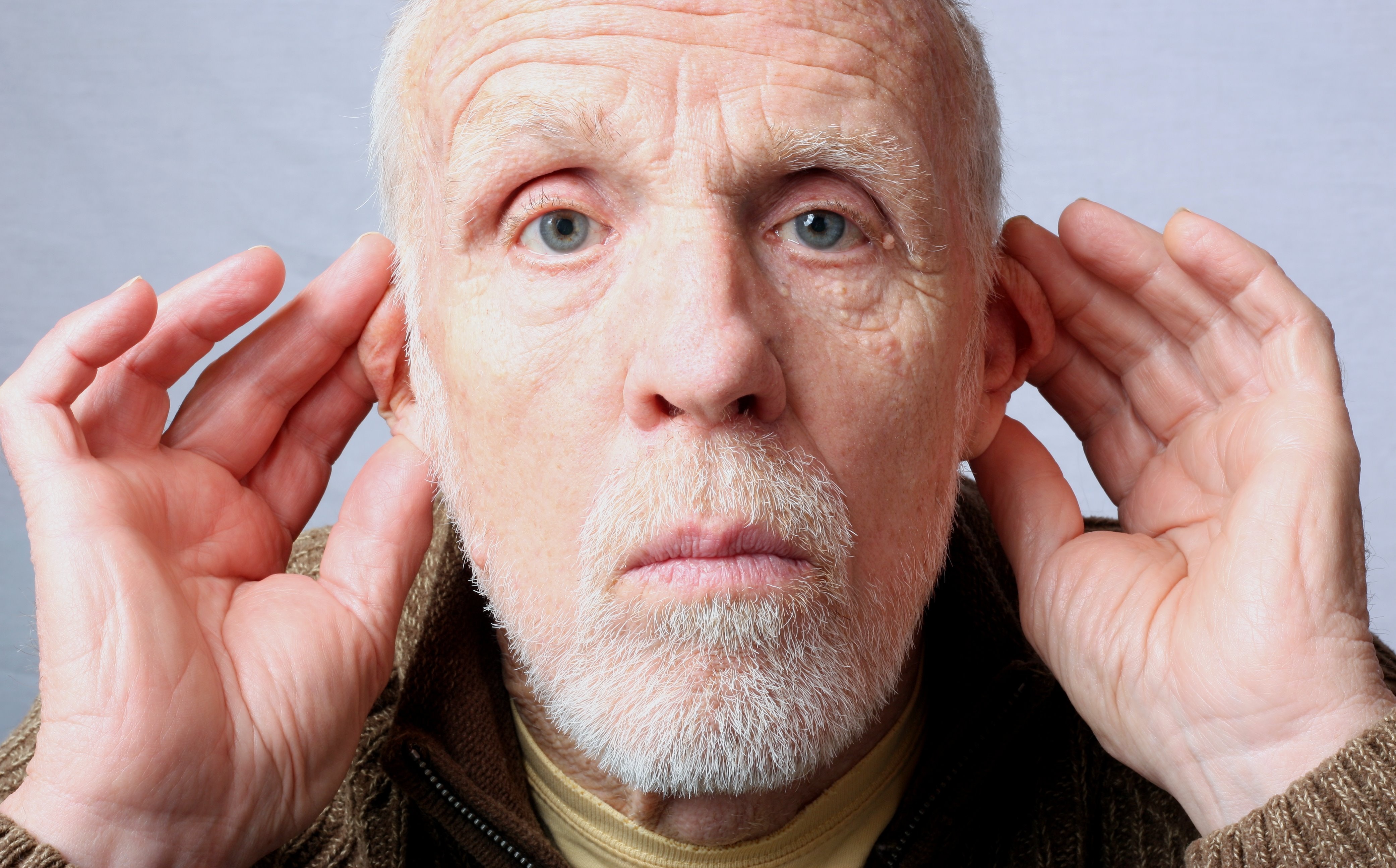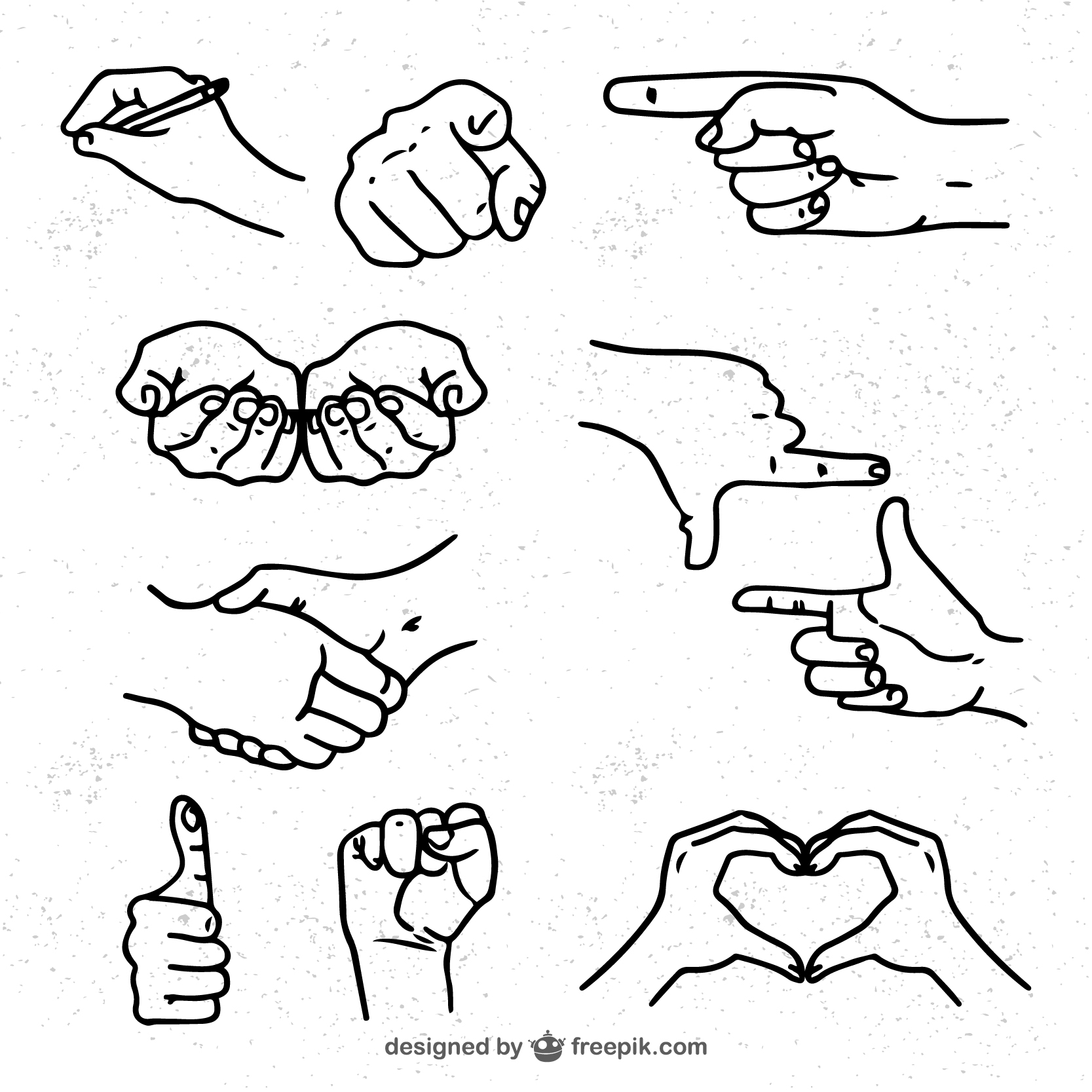Silence Everywhere - Hearing Loss
4 minutes read | 2 comments

Written by Joseph Addo
Imagine yourself in a room with sound-proof glass all around. You can’t hear any sound from the outside world yet you can see people moving their lips; you wish you could hear what they have to say but then all you hear is silence. You don’t even get to hear the whisper of the wind, and I can testify that even those who have good hearing sometimes hate to see people whisper. This is how it feels to lose your hearing.

Hearing loss or deafness is a condition where the ability to hear is fully or partially affected due to the inner ear or nerves in the ear getting damaged or there is blocking of sound from getting to the inner ear. It is a condition which is most often chronic except in some cases where some people recover from a short period of deafness (Sudden Sensorineural (‘inner ear’) Hearing Loss (SSHL)), usually in one ear.
Hearing loss or deafness can be caused by the following;
- Long-term exposure to loud sound or noise.
- Side-effects of certain medication
- Injuries
- Objects getting stuck in the ear or often sticking objects in the ear

- Too much wax in the ear
- Middle ear infections
- Old age or age-related wear and tear
- Sometimes it could be congenital, thus, to be born deaf, especially when the mother has some infections (such as herpes and cytomegalovirus (CMV)) during pregnancy or it is passed genetically to the unborn baby.
![]()
There are four main types of deafness or hearing loss and they are:
- Conductive Hearing Loss – This is the type of hearing loss caused by an obstruction of sound from getting through the outer or middle ear.
- Sensorineural Hearing Loss – This type of hearing loss has to do with the inner ear or nerve malfunction.
- Mixed Hearing Loss – A type of hearing loss that is factored by both the conductive and Sensorineural types.
- Auditory Neuropathy Spectrum Disorder – With this type, sound enters the ear normally but due to a damaged nerve or inner ear, the sound isn’t well organised to be well understood or interpreted by the brain or sometimes isn’t transmitted to the brain at all. This could make it difficult to tell one sound from another or interpret speech.
Hearing loss can range from:
- Mild: In this case, the person might find it difficult to hear soft sounds like whispers but could hear some normal sounds.
- Moderate: This is when the person is almost unable to hear normal speech sounds.
- Severe: A person with sever hearing loss will hear no speech sound when being talked to but could hear only some loud sounds.
- Profound: This condition leaves the person unable to hear anything but very loud sounds, and I’m not talking about shouts, no. Some loud sounds might even seem like faint sounds to this group.

Signs of hearing loss
- Inability to hear sounds well
- Inability to keep up with conversations
- Inability to understand others well when being spoken to
- Sometimes there could be pain in one ear or both ears
- Feeling the need to increase the volume of your audio devices more than necessary
- Irritations in the ear or both ears

Dealing with Hearing loss
When a person begins to suffer hearing losses it becomes quite difficult to communicate and this could lead to the forming of a new language or mode of communication usually born from frustration. It takes a while to familiarise with this new mode of communication so here are some few tips on what to do when the signs of hearing loss set in:

- Learn the standard sign language – I believe this should be taught as part of the educational curricula so anyone can communicate with any hearing-impaired person at any time.
- During the initial stages, in order to avoid the frustration, carry a little notepad and pen along wherever you go. It’ll save you some stress when communicating with anyone who doesn’t know the sign language
- Visit the physician, they may prescribe hearing aids based on the severity of your condition.
- Try mastering the art of reading lips.
- Avoid exposing yourself to too much noise as it could worsen the case.
- Avoid going out to town alone. You may not hear an impending danger coming your way.

The ear is one of our most relied upon sensory organ after the eye which we could easily lose as well. Let’s take good care of them so they are able to serve us better before they wear out. Also, to those who are victims of hearing – loss, it’s not the end of life, there are many options to help you through life, never give up hope in living. To those of us who haven’t suffered this condition, you should know better than to push things into your ear and to turn up the volume of your earphones to the max. Let’s draw closer to those with this condition, have patience to assist them, and learn a thing or two from them. Pharst Care is always here to provide your every pharmacy need as well as free consultations from our doctors and even laboratory services in your comfort zone at the click of a button.
Feel free to share on any platform
Similar Blogs
Anonymous Comments
We DO NOT record comments with the users who posted them.



